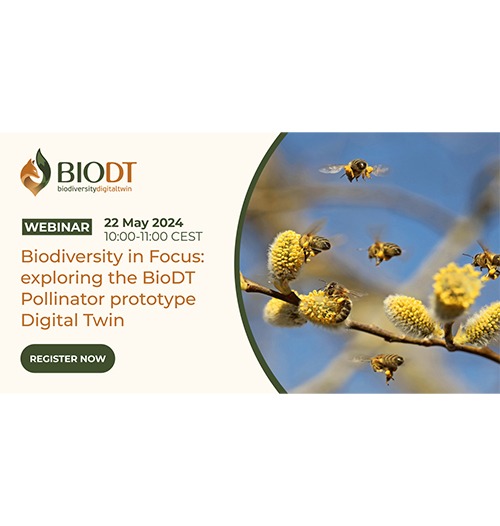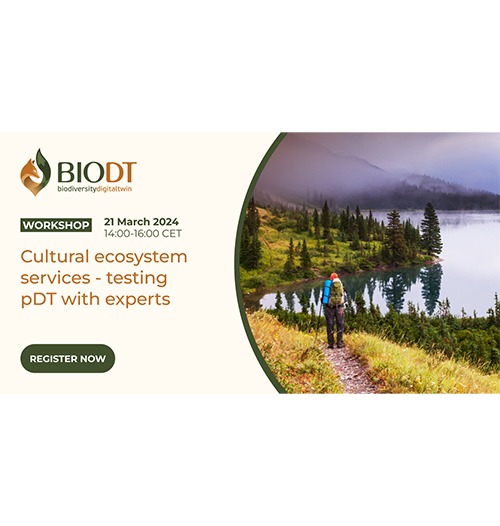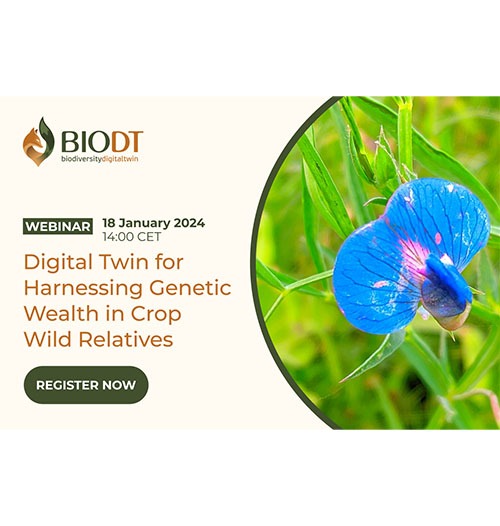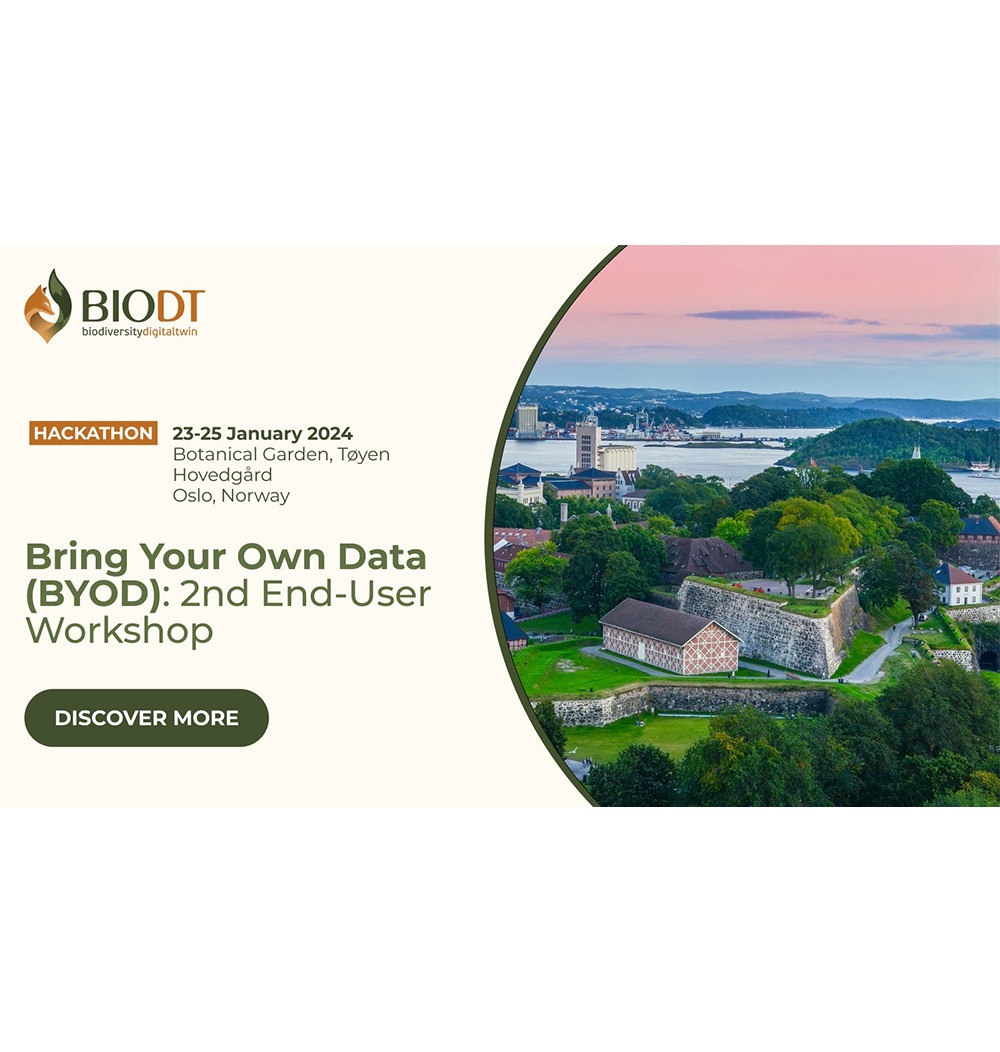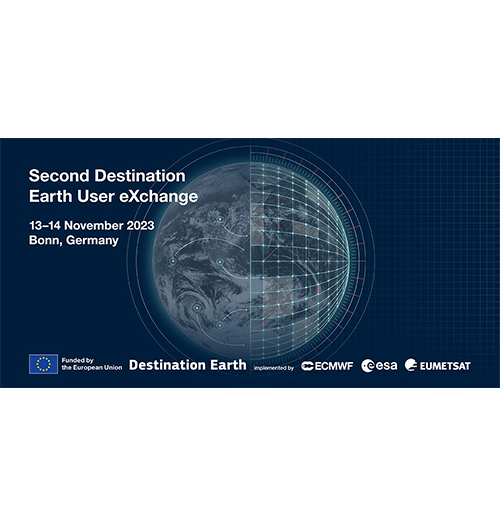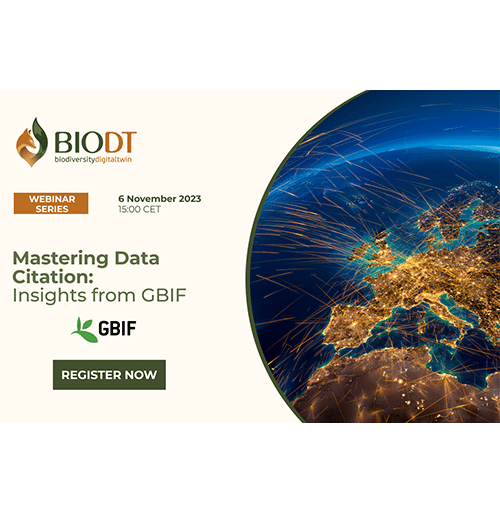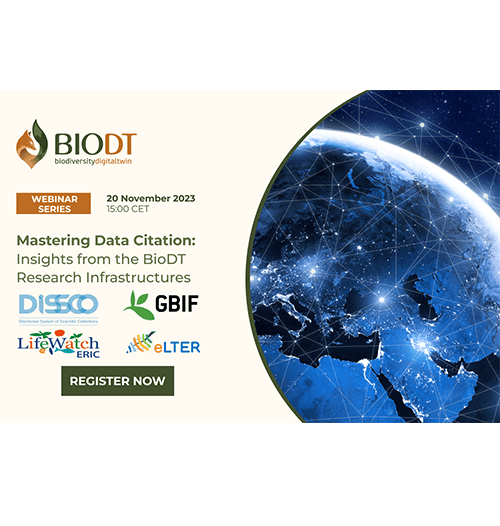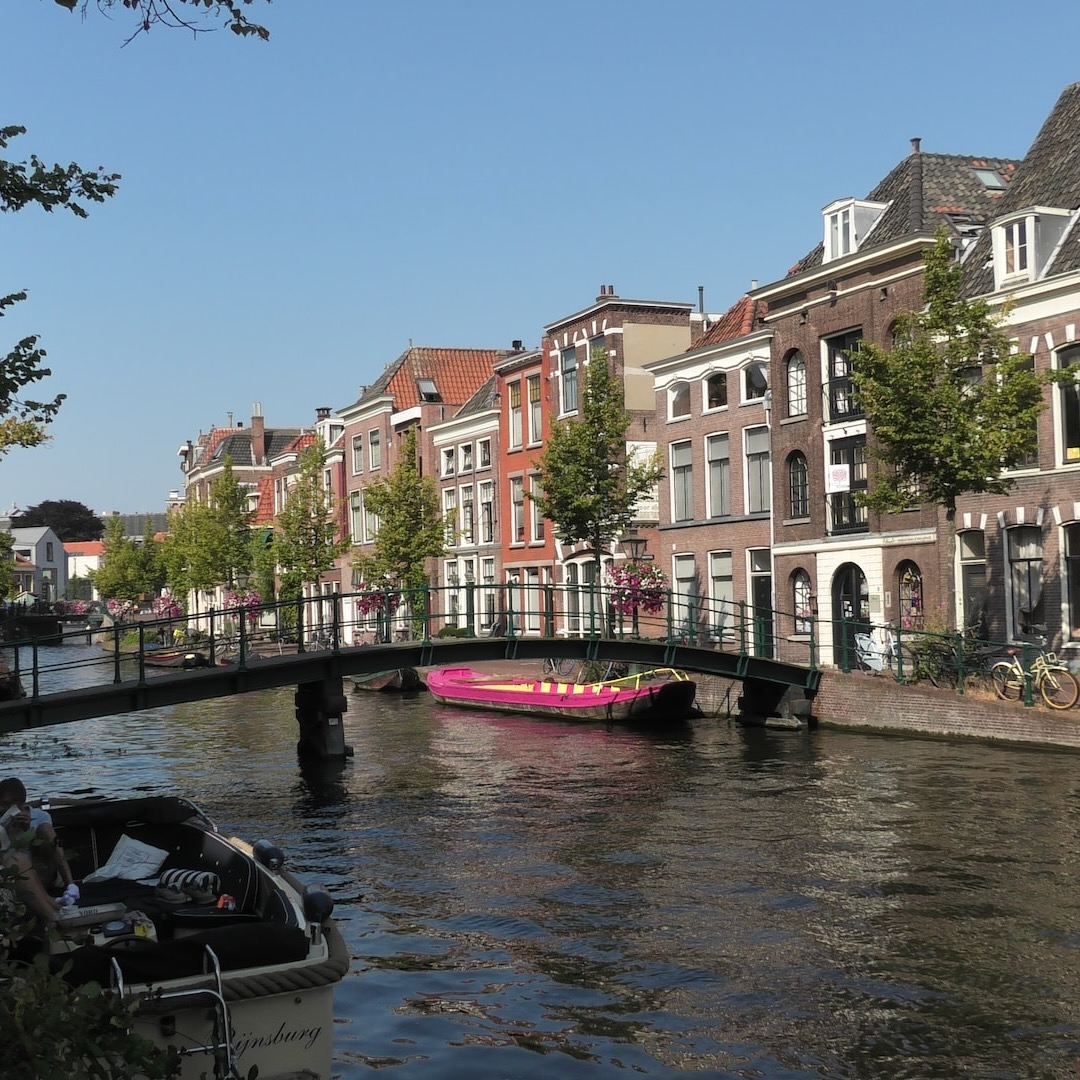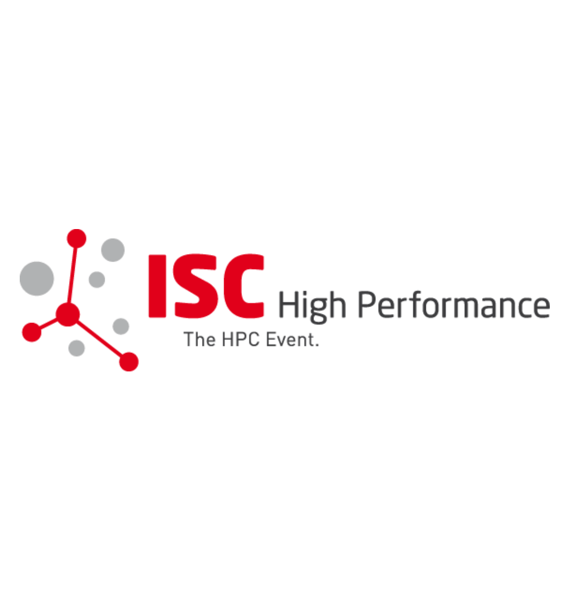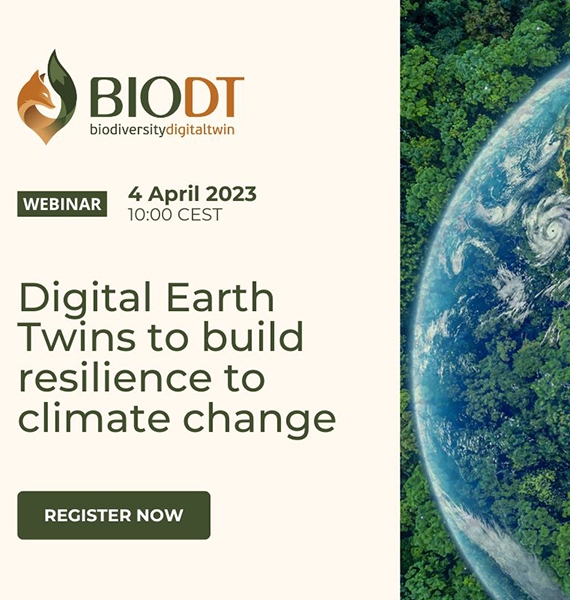Online
On May 22nd, the International Day for Biological Diversity will be celebrated to raise awareness about the importance of biodiversity for our planet’s health. This year’s theme, “Be part of the Plan”, calls on all stakeholders to take action and support the implementation of the Kunming-Montreal Global Biodiversity Framework. A one-hour BioDT webinar will explore the BioDT prototype Digital Twin for Pollinators.
The BioDT Pollinator pDT is a digital tool designed to assess the quality of landscapes for honey bees. It combines real-world data with advanced simulation techniques to provide actionable insights for conservation efforts. This exciting webinar offers a unique opportunity to understand the BioDT project better, explore the technical details behind the Pollinator pDT, demonstrate the pDT’s app, and participate in a live Q&A session with our expert team.
To register, please visit this page: https://biodt.eu/events/pollinator-pDT-webinar
